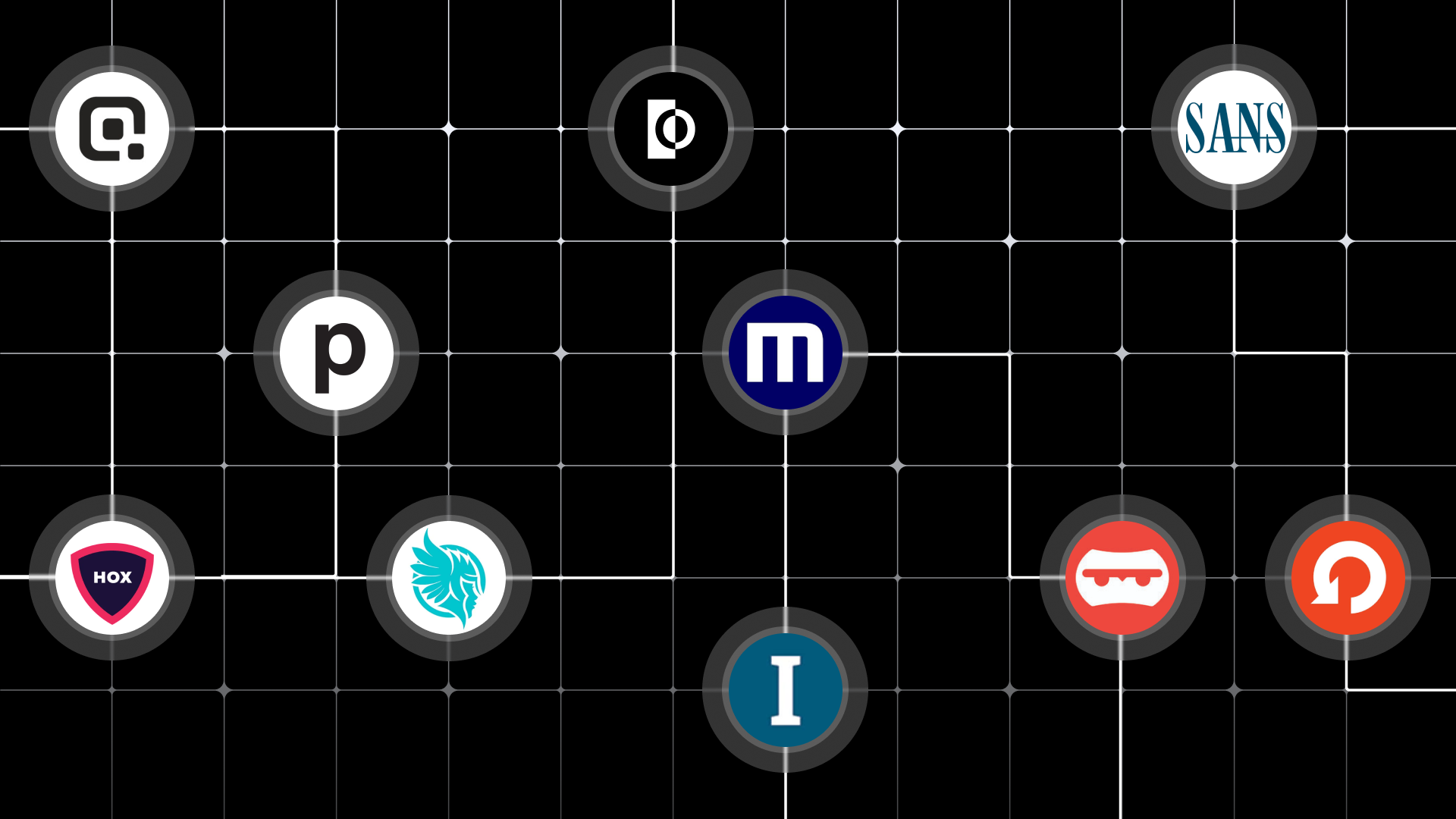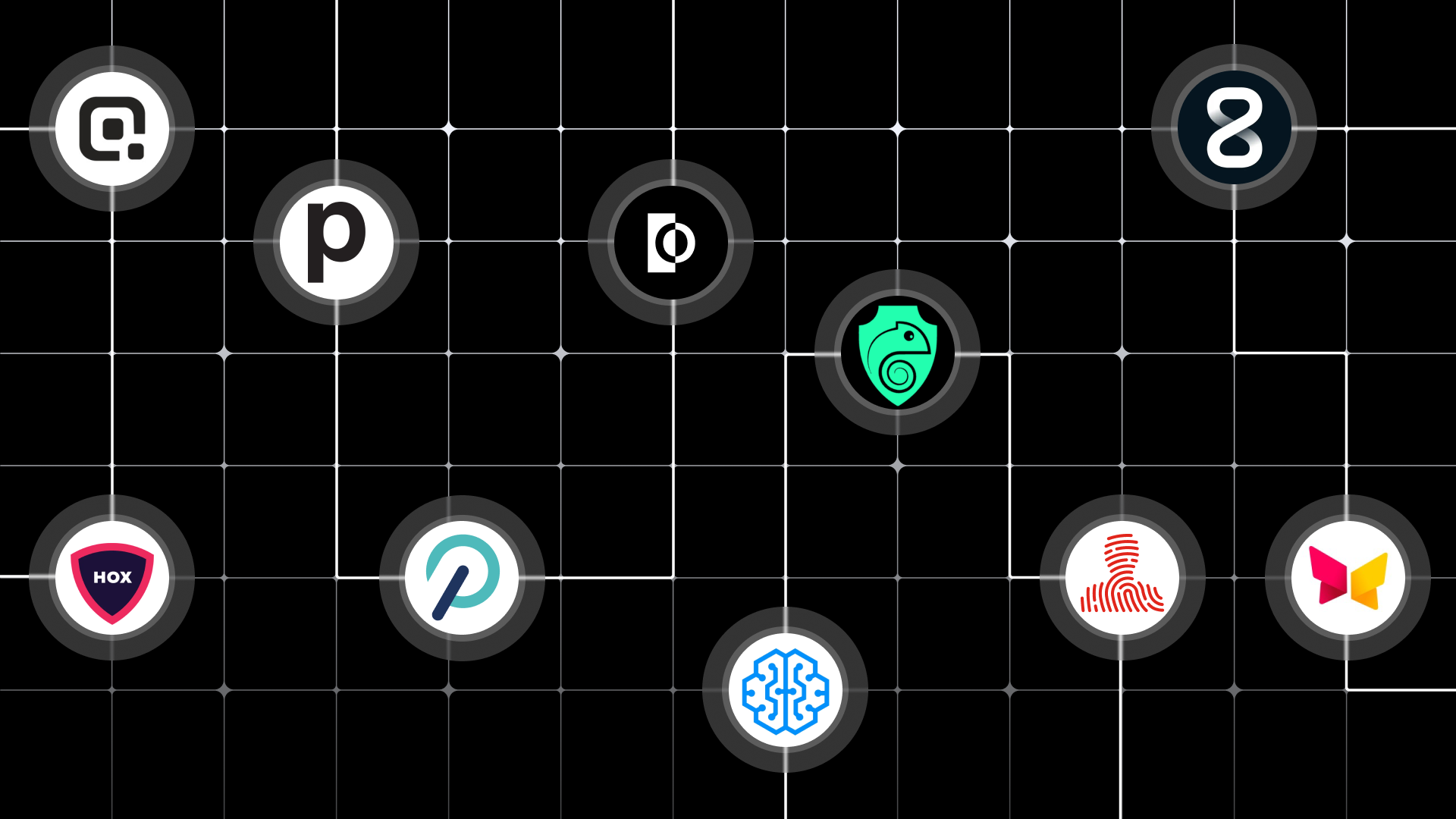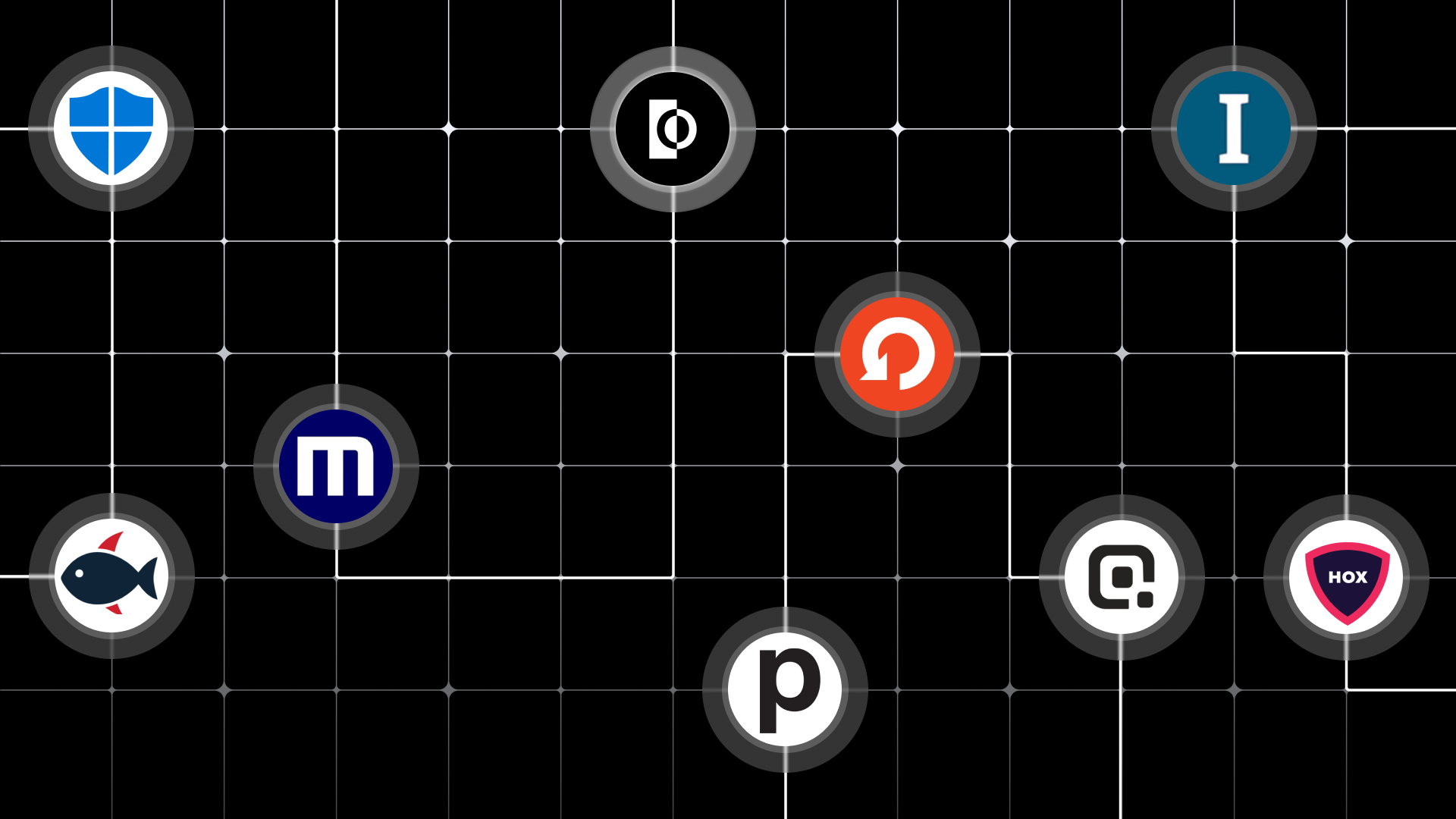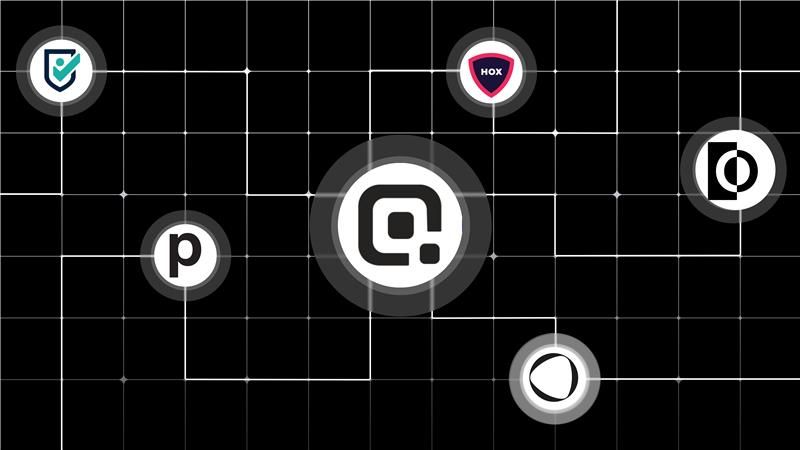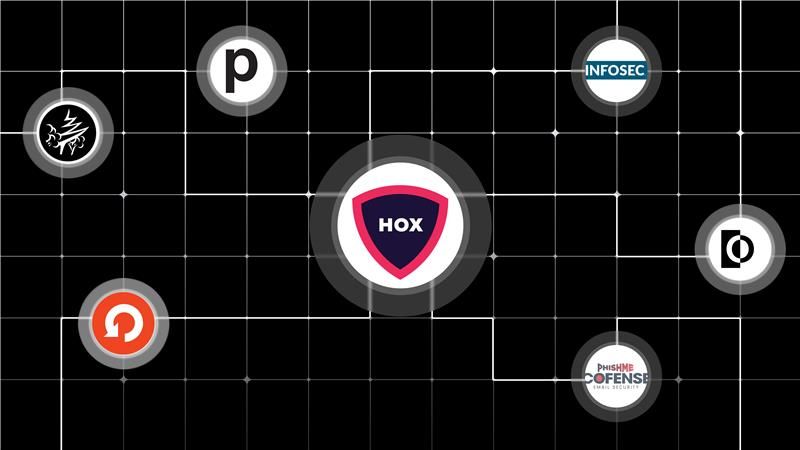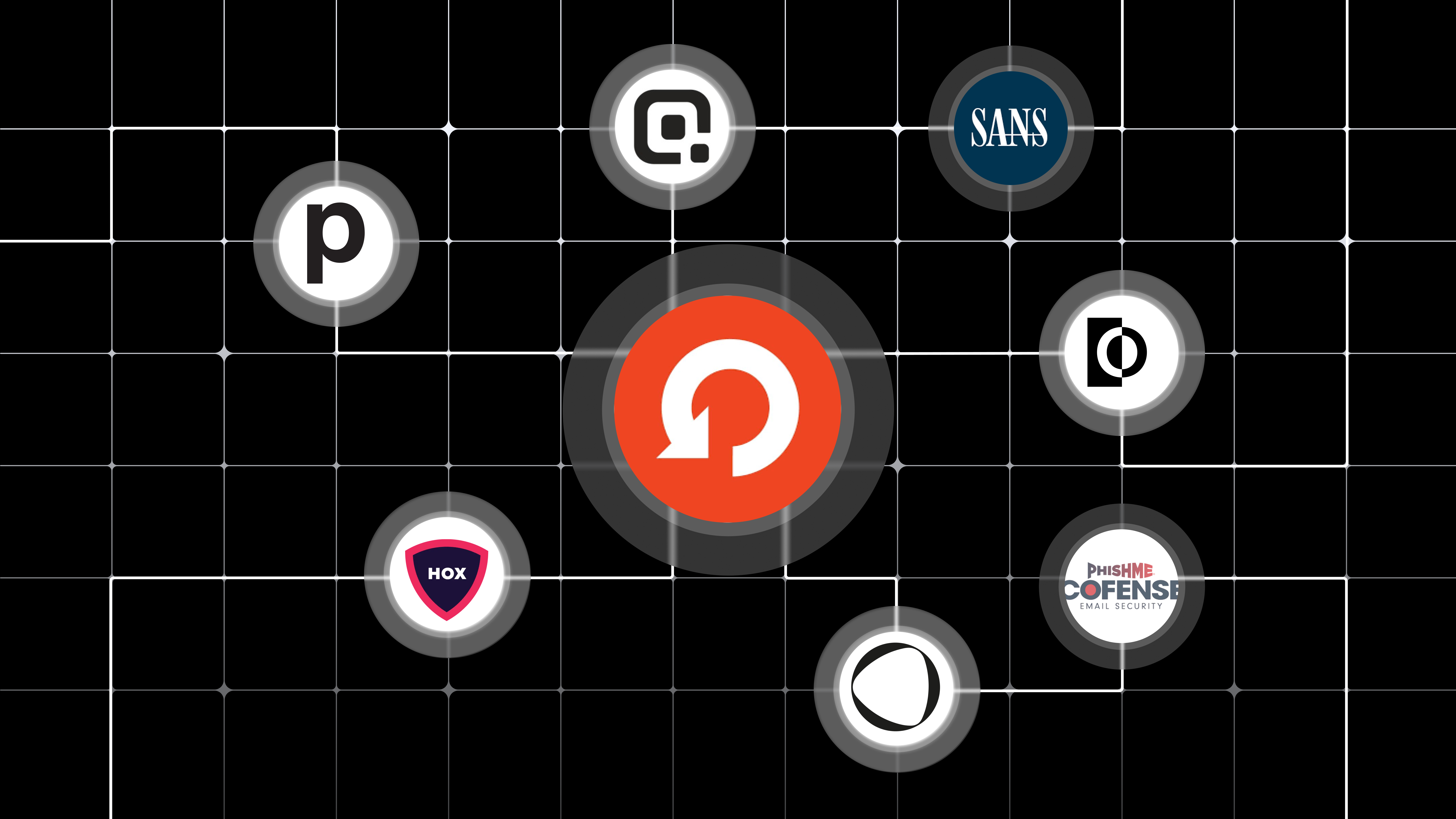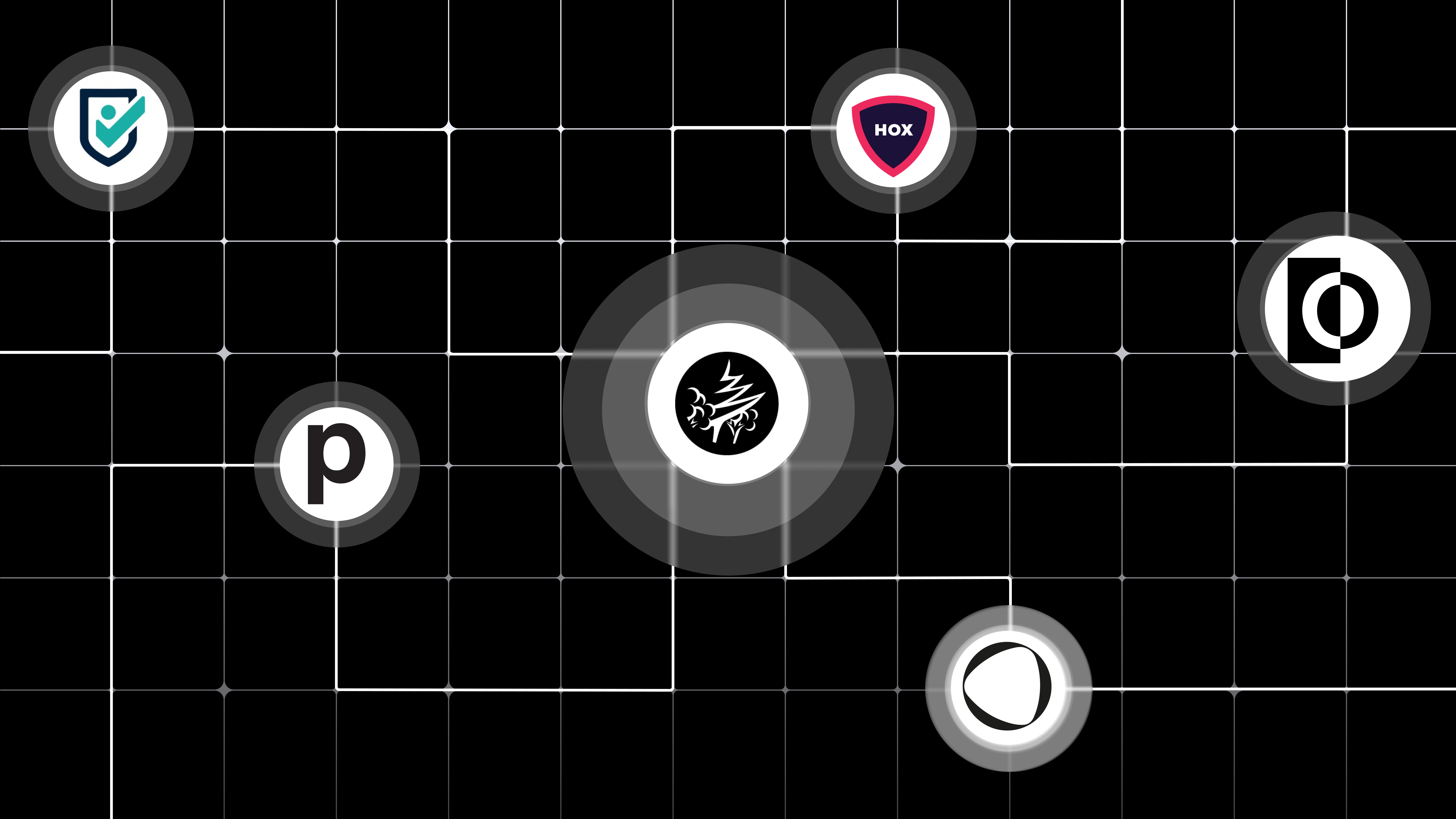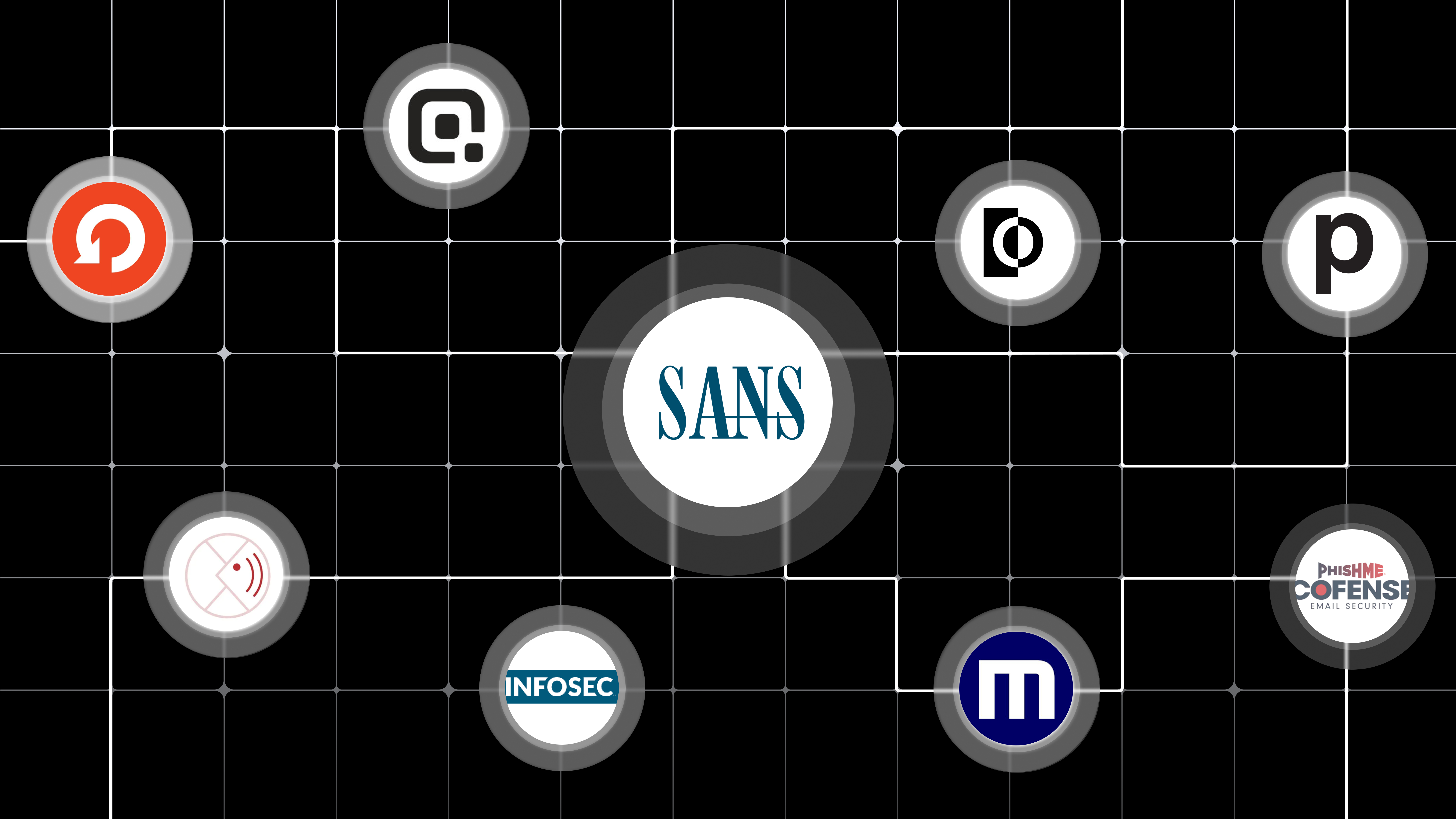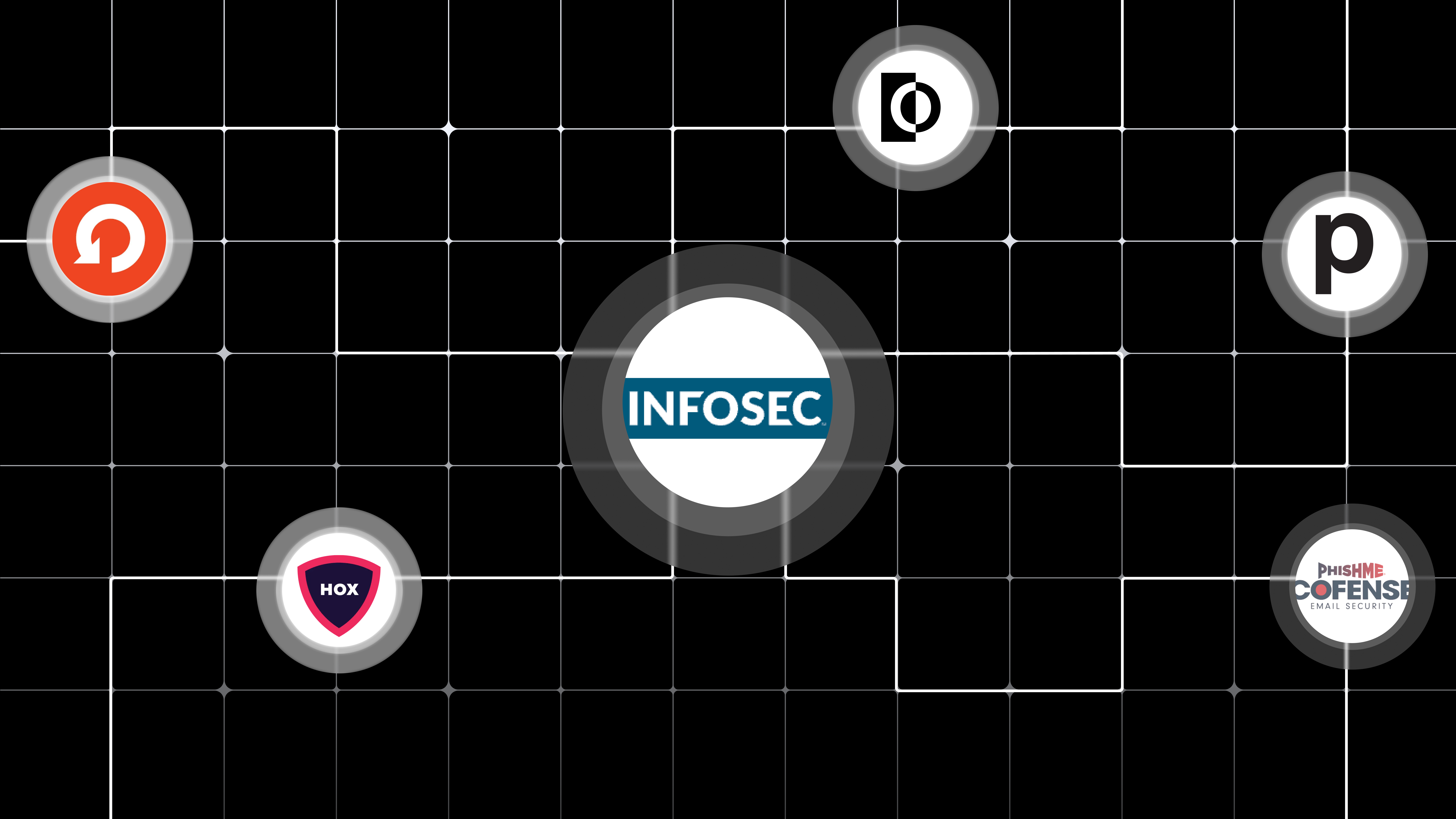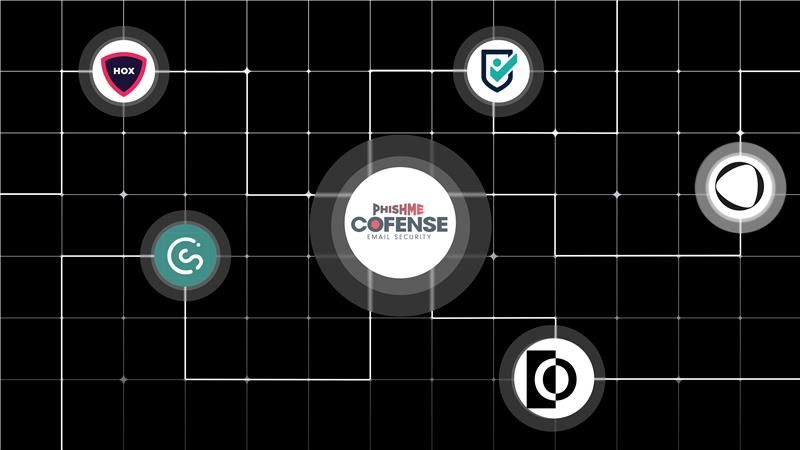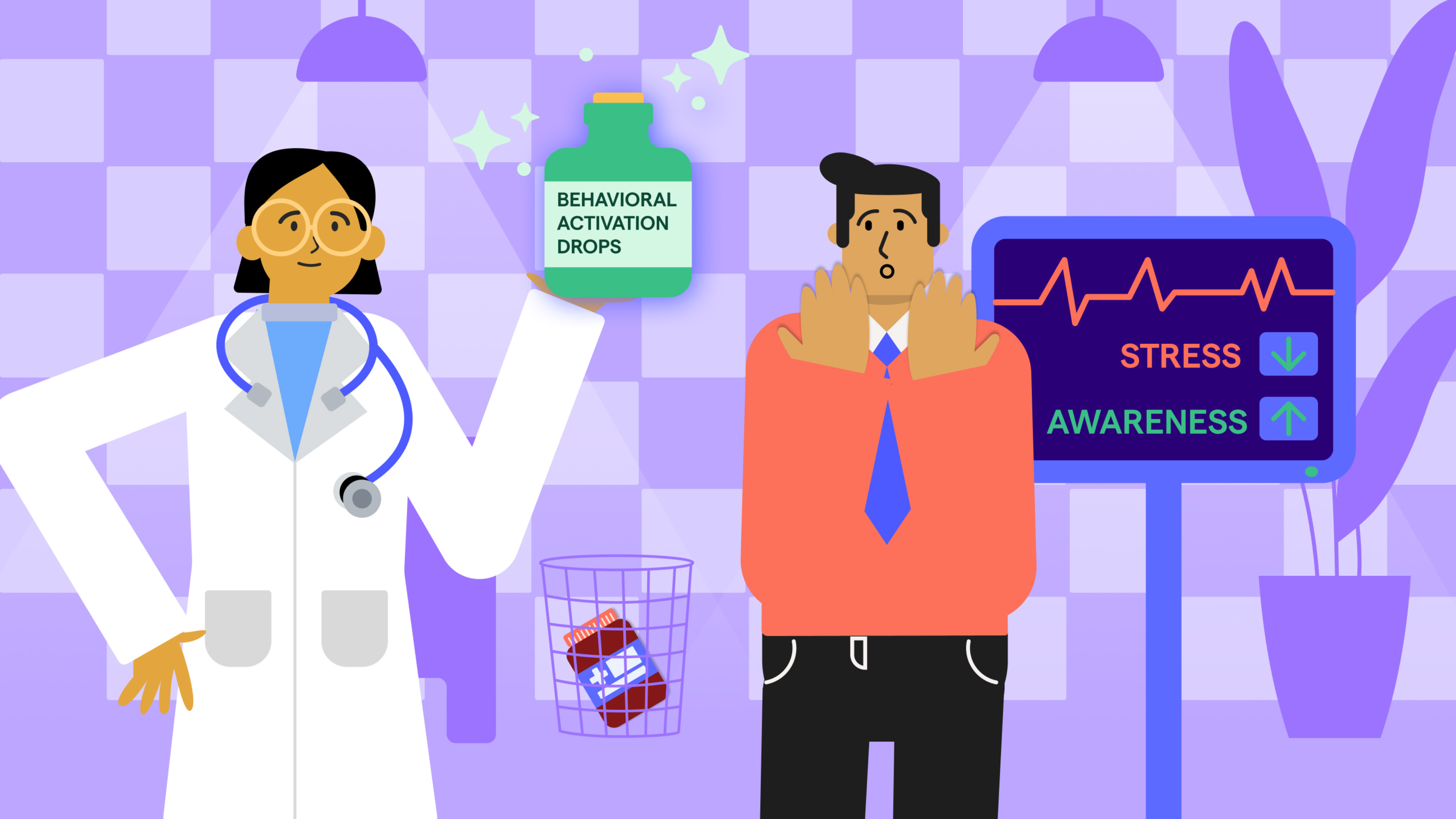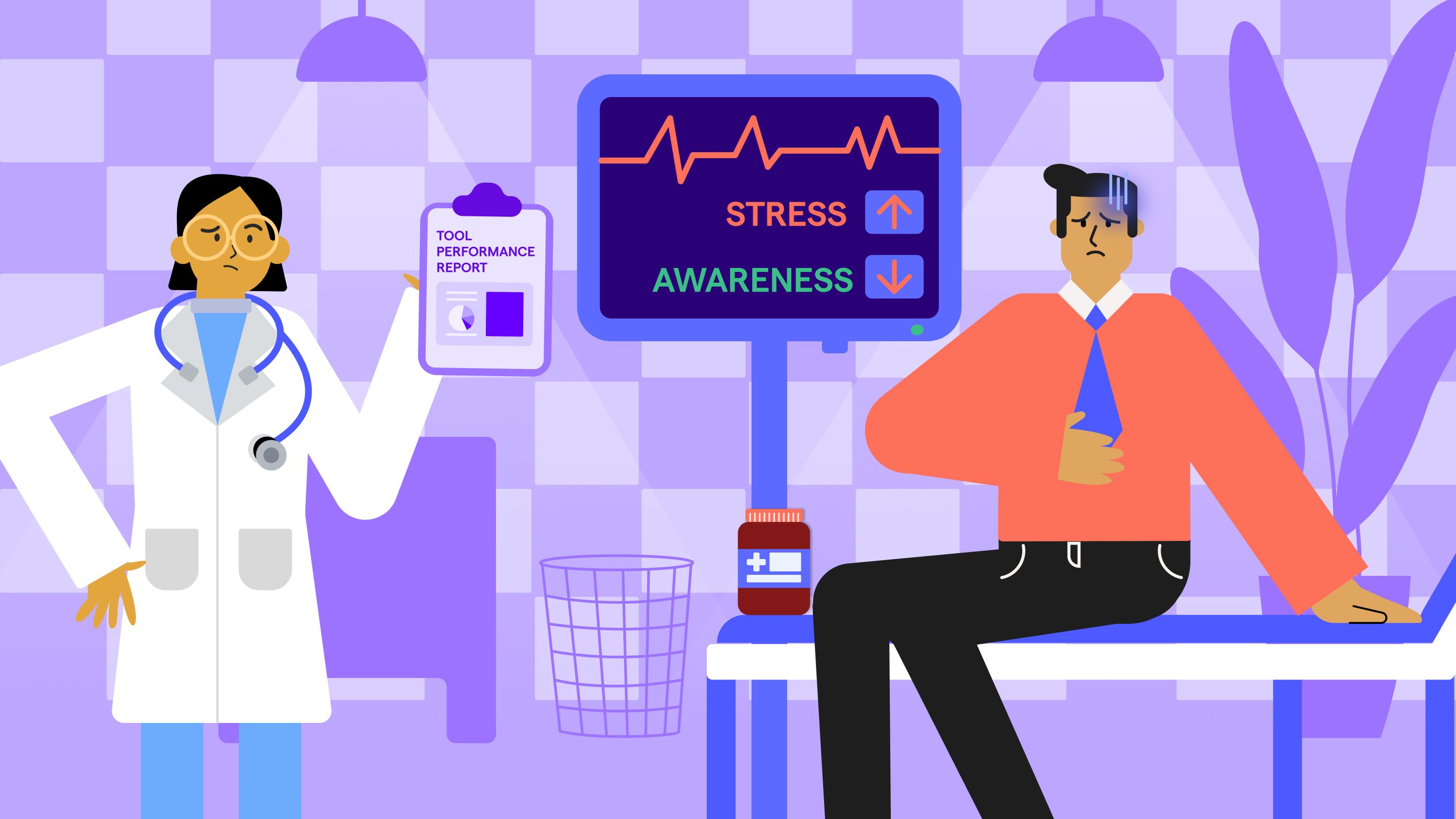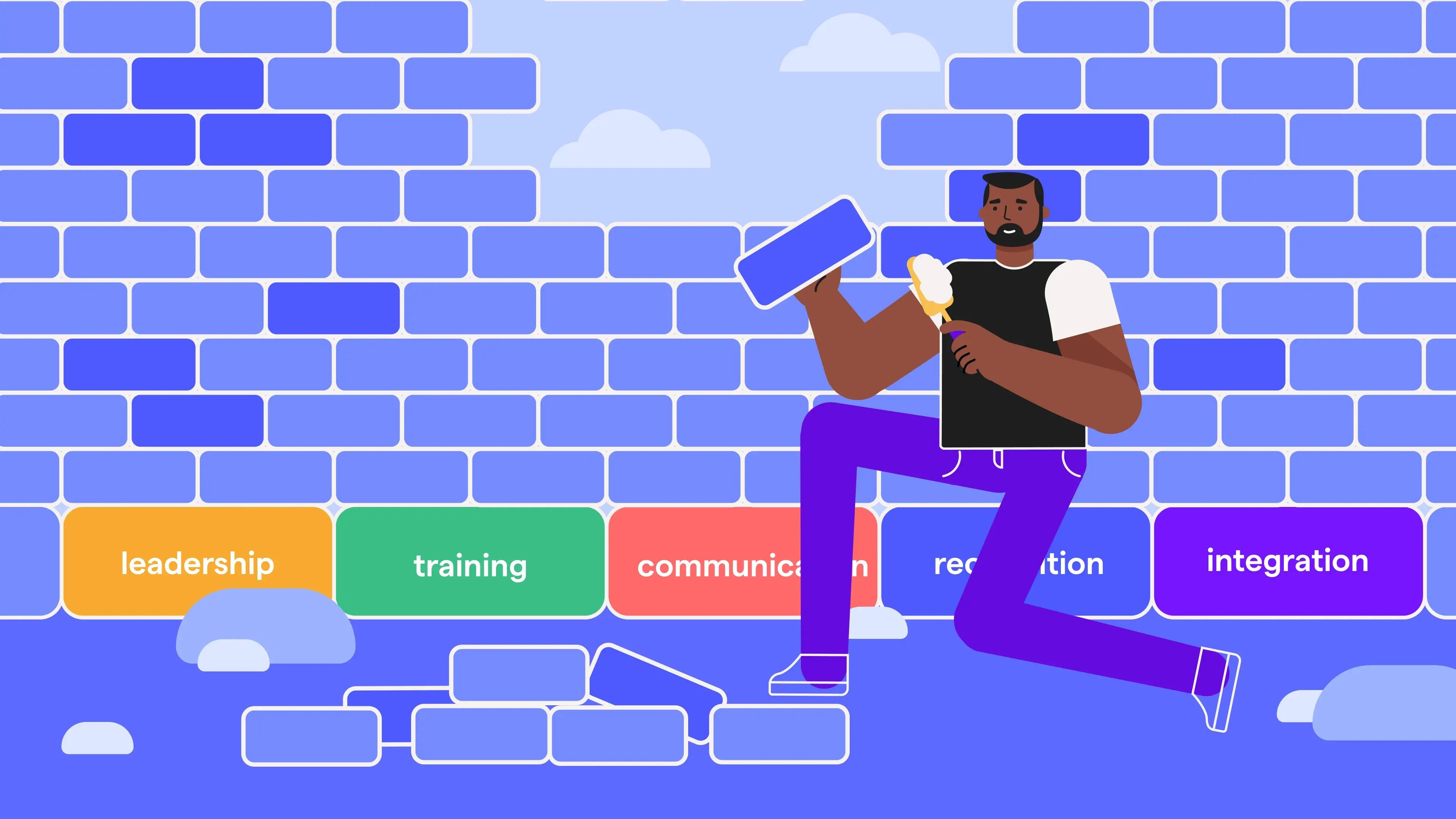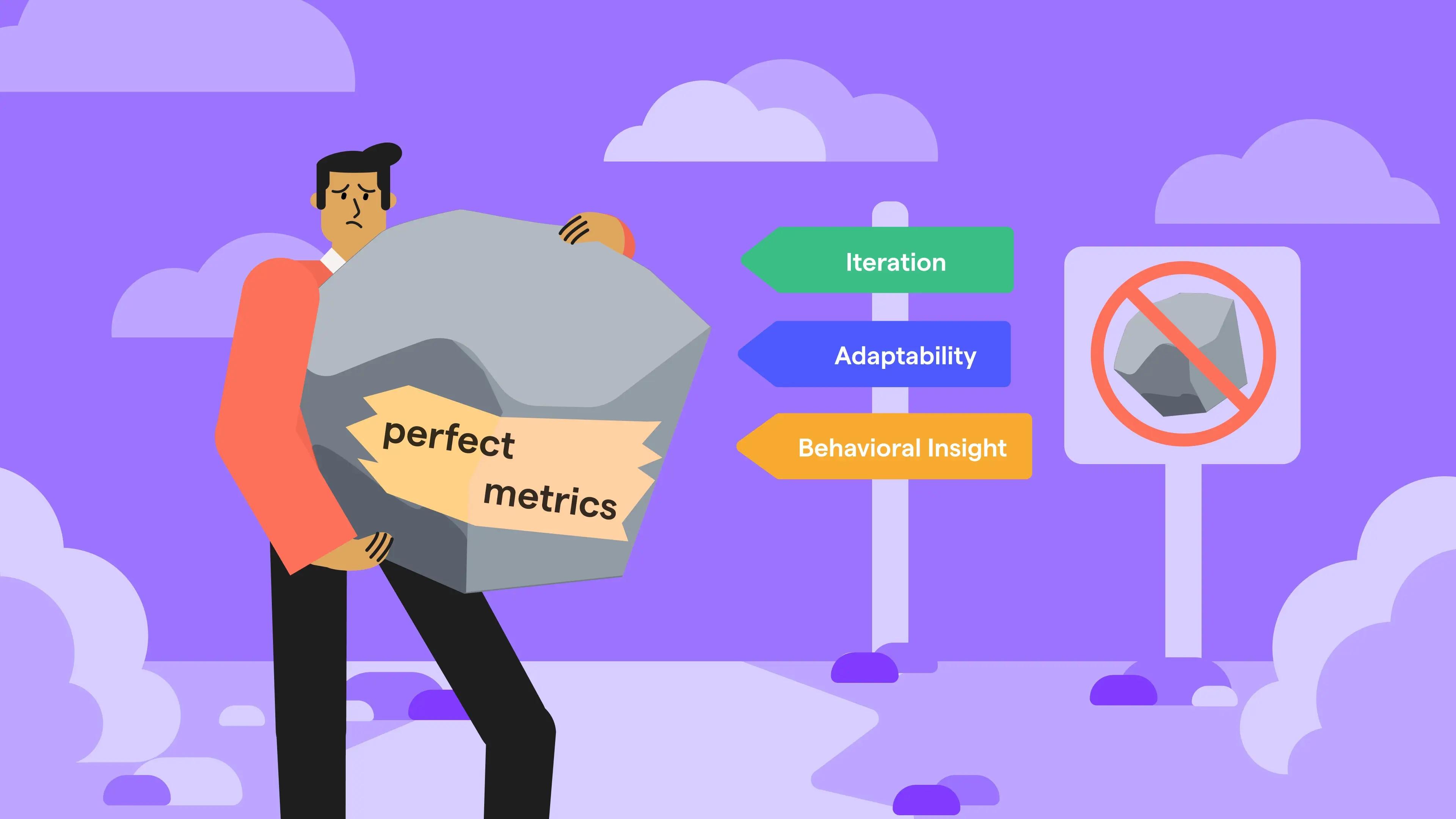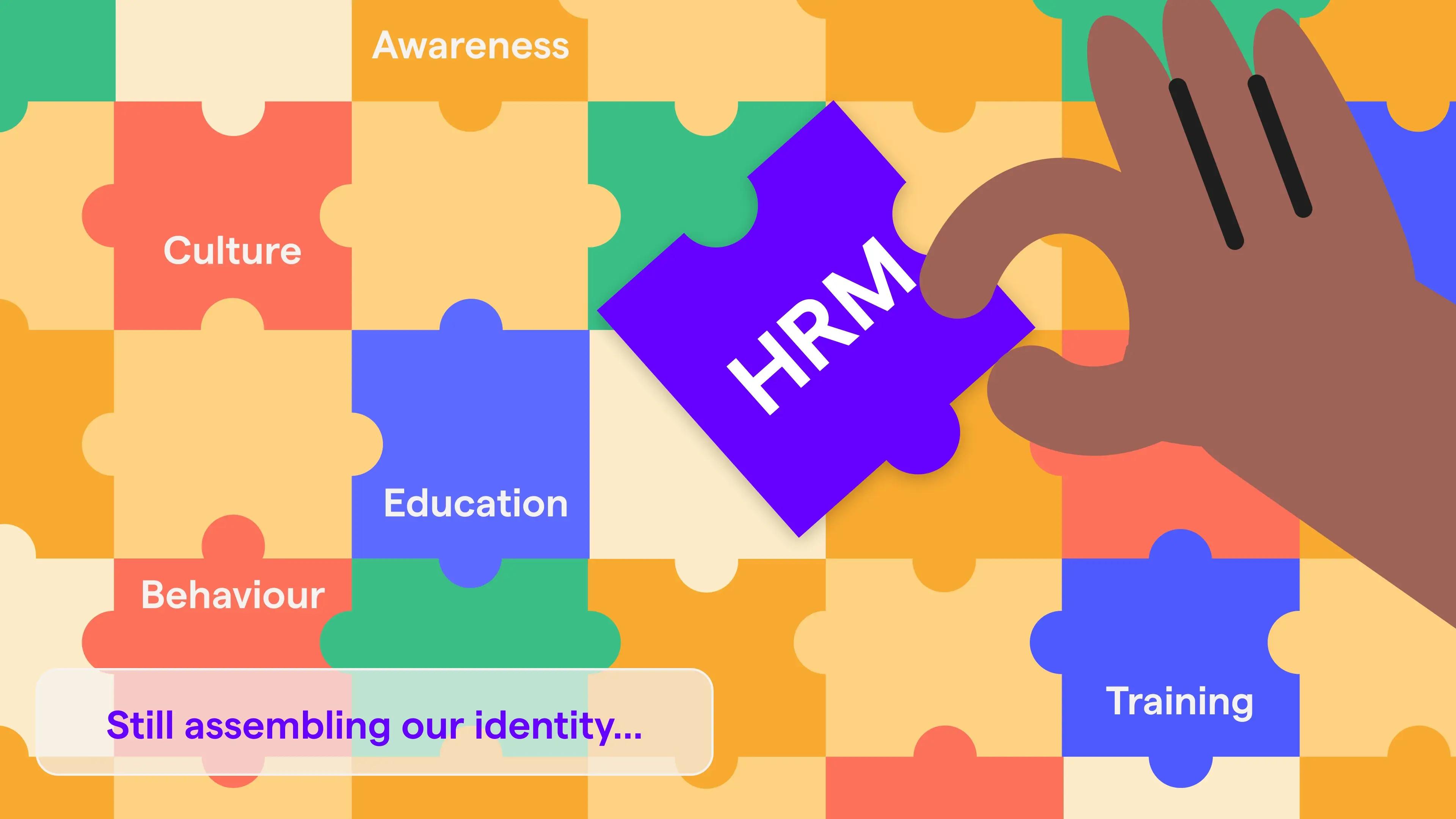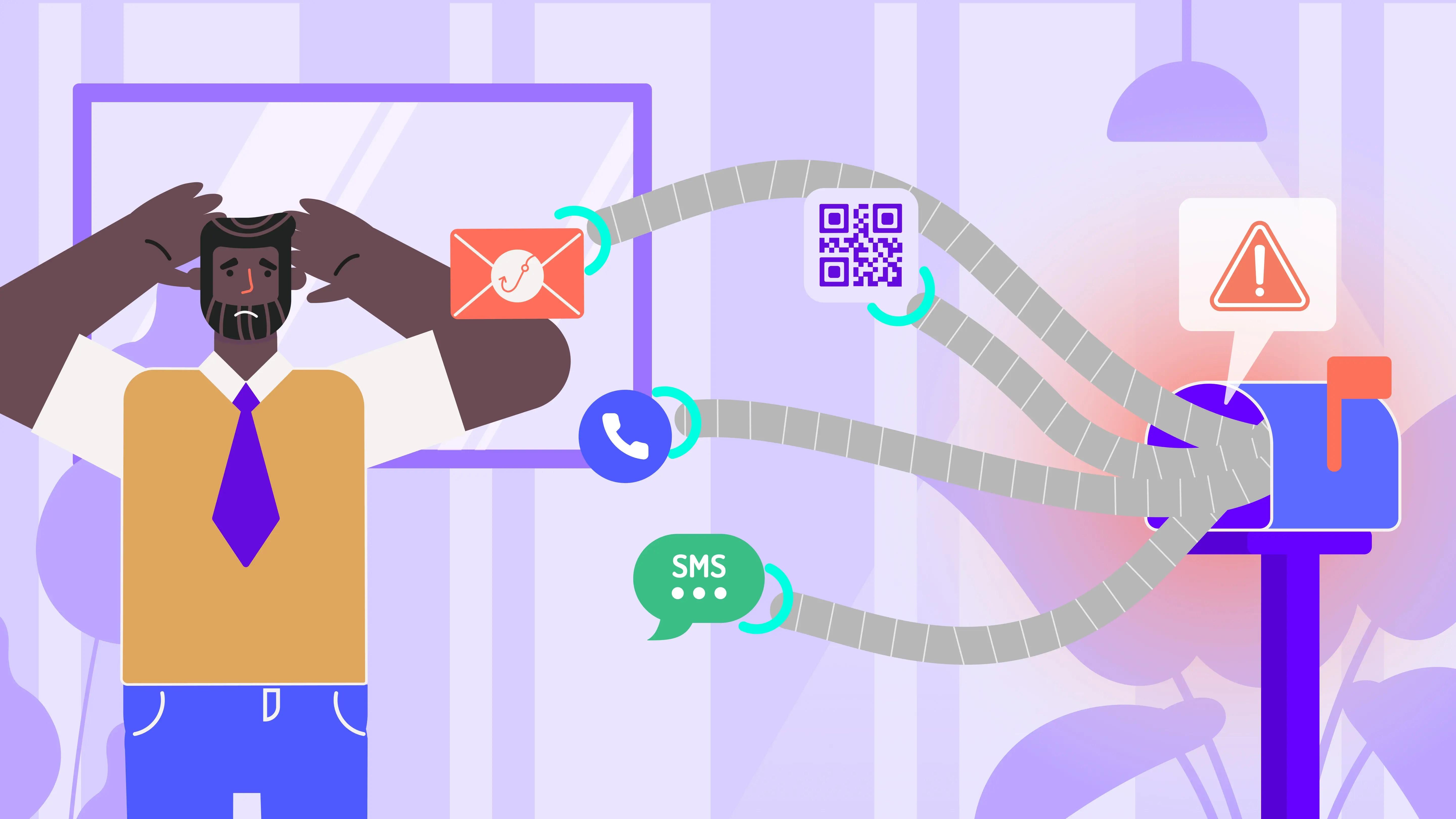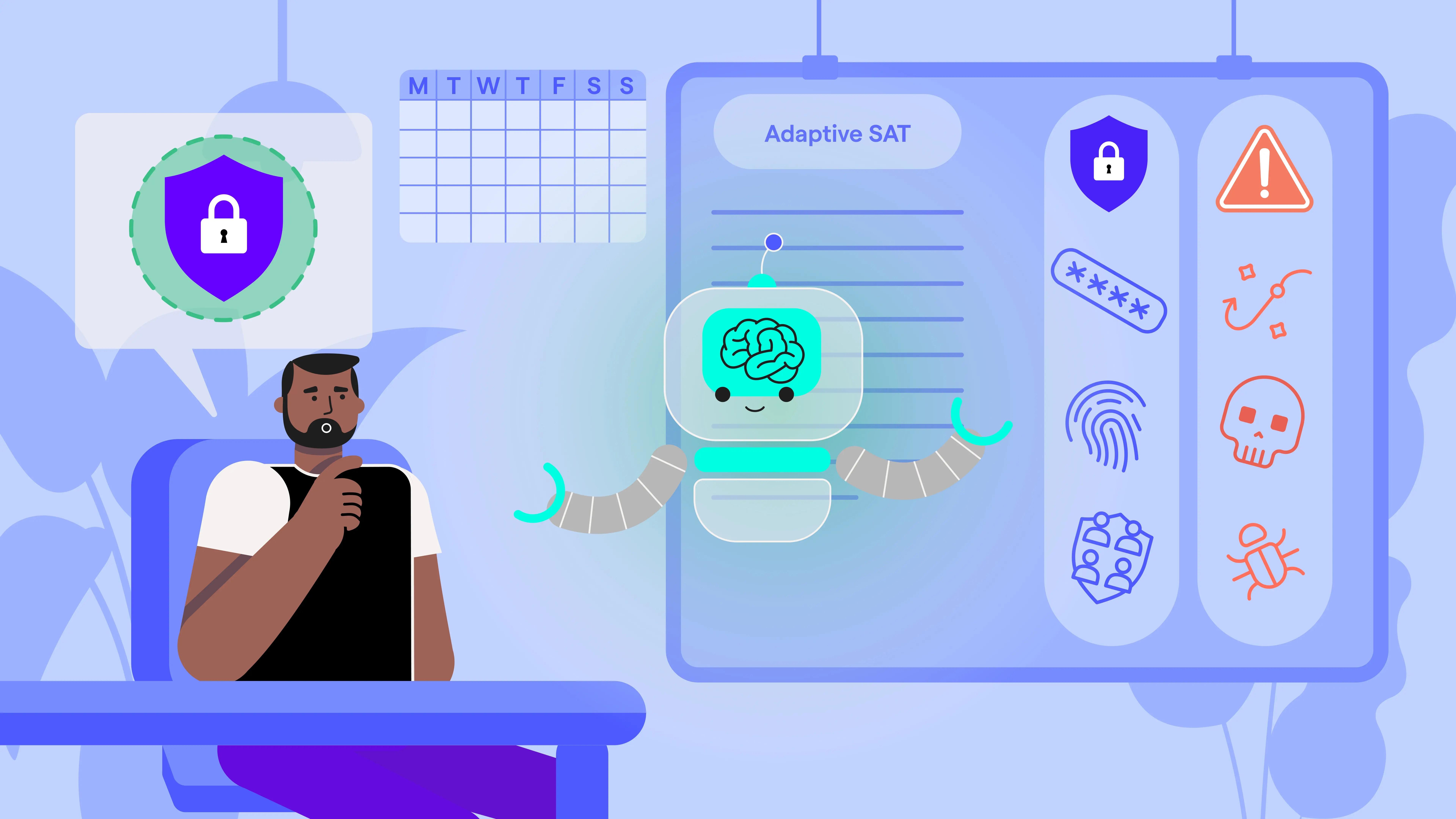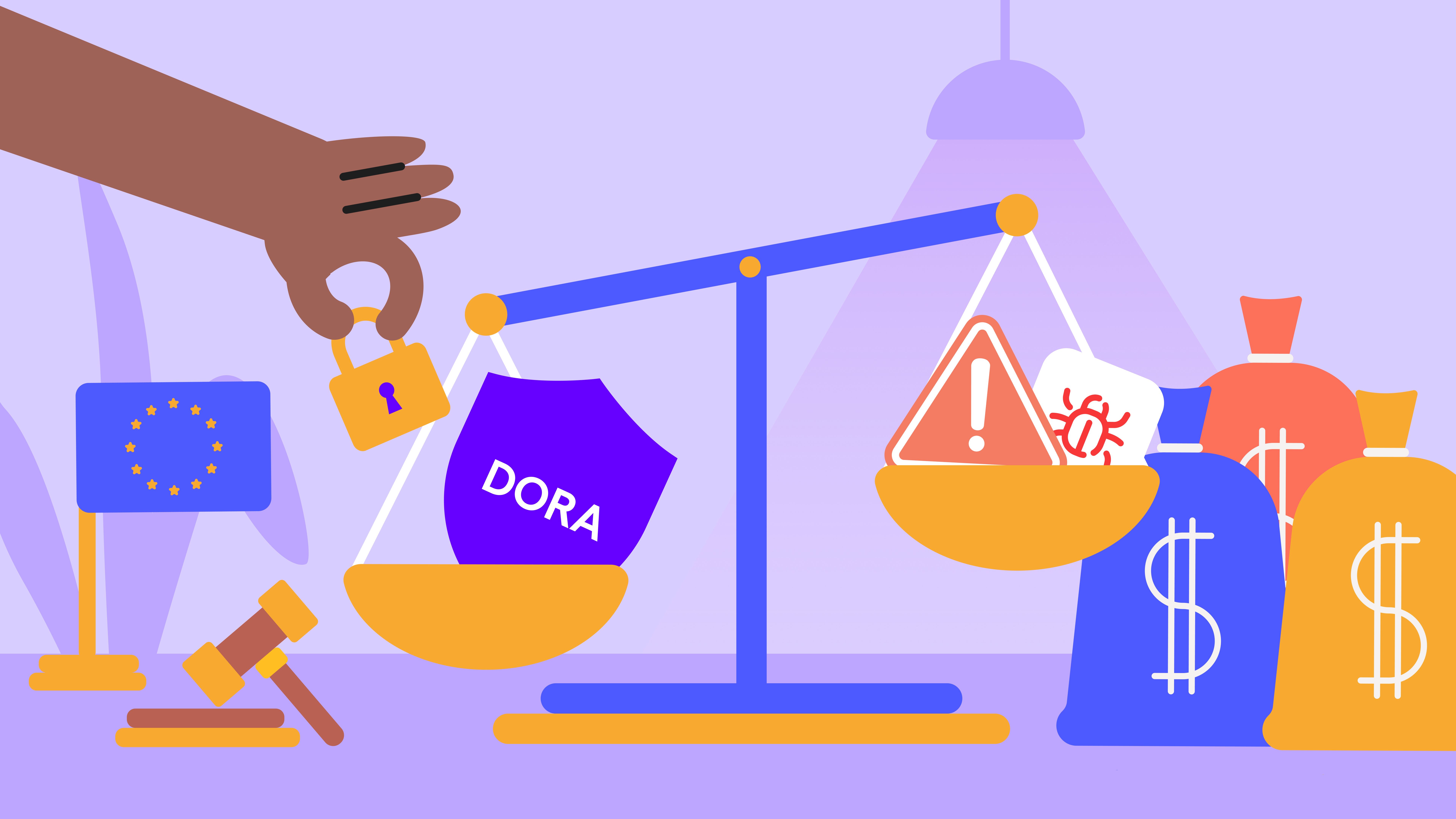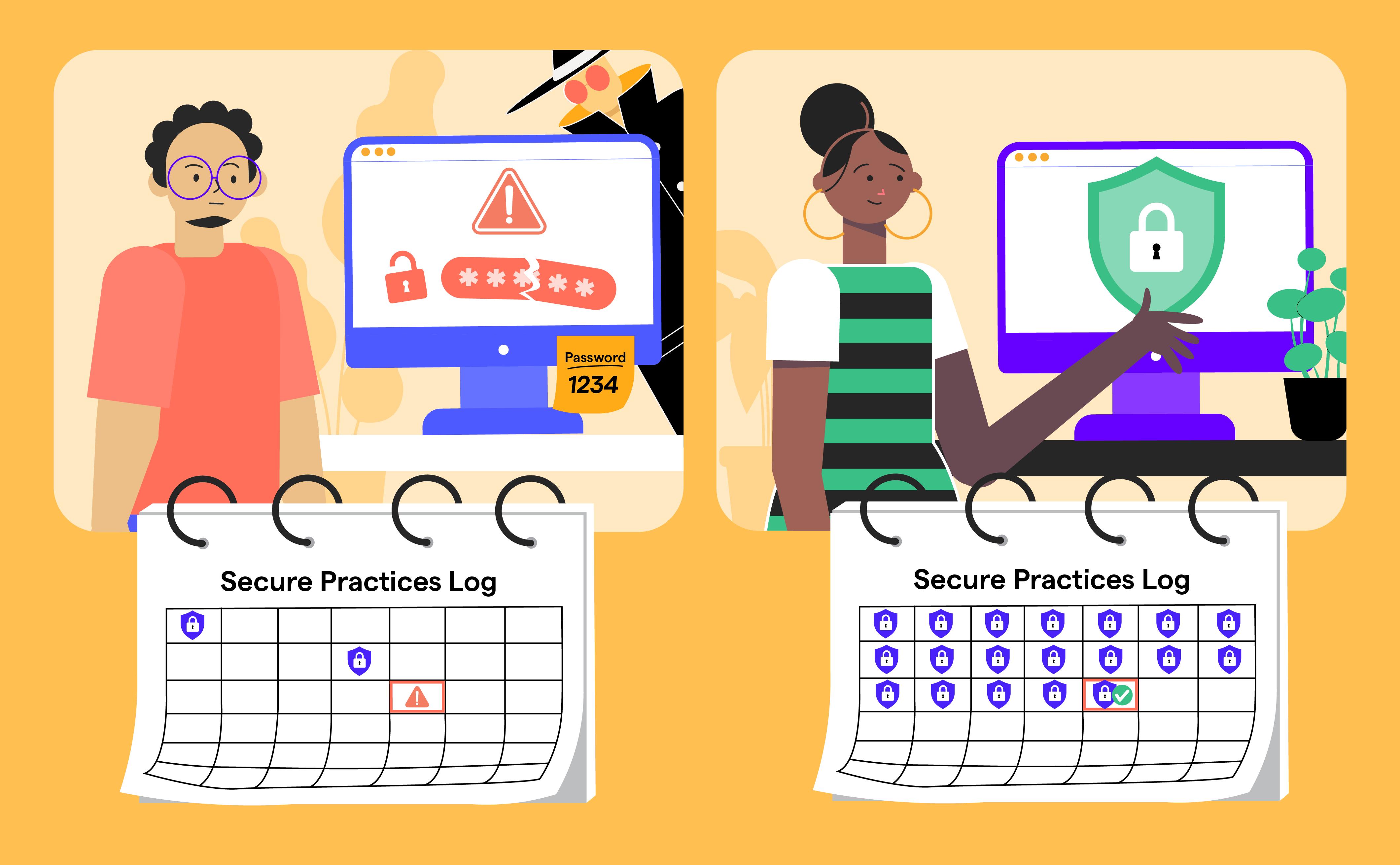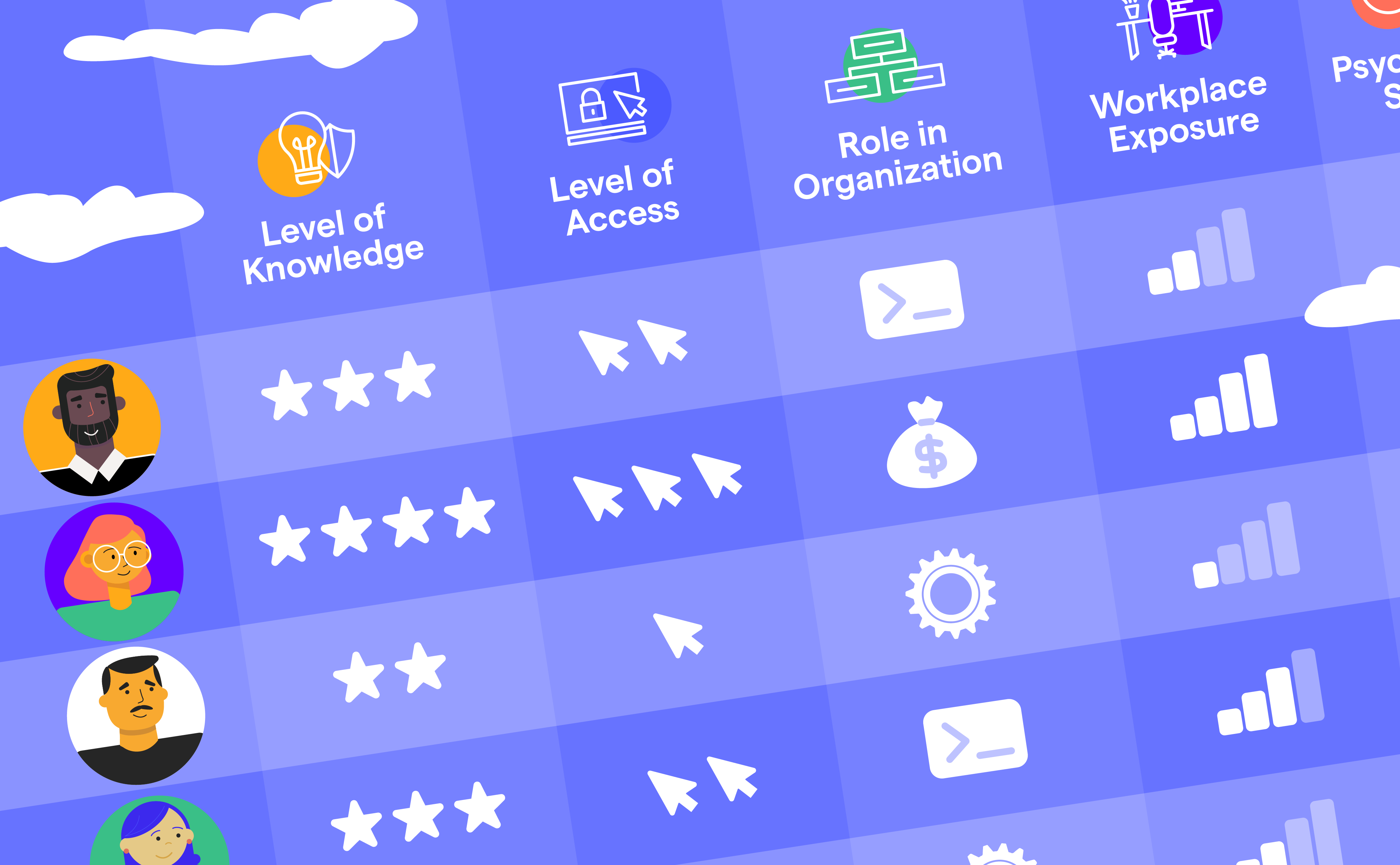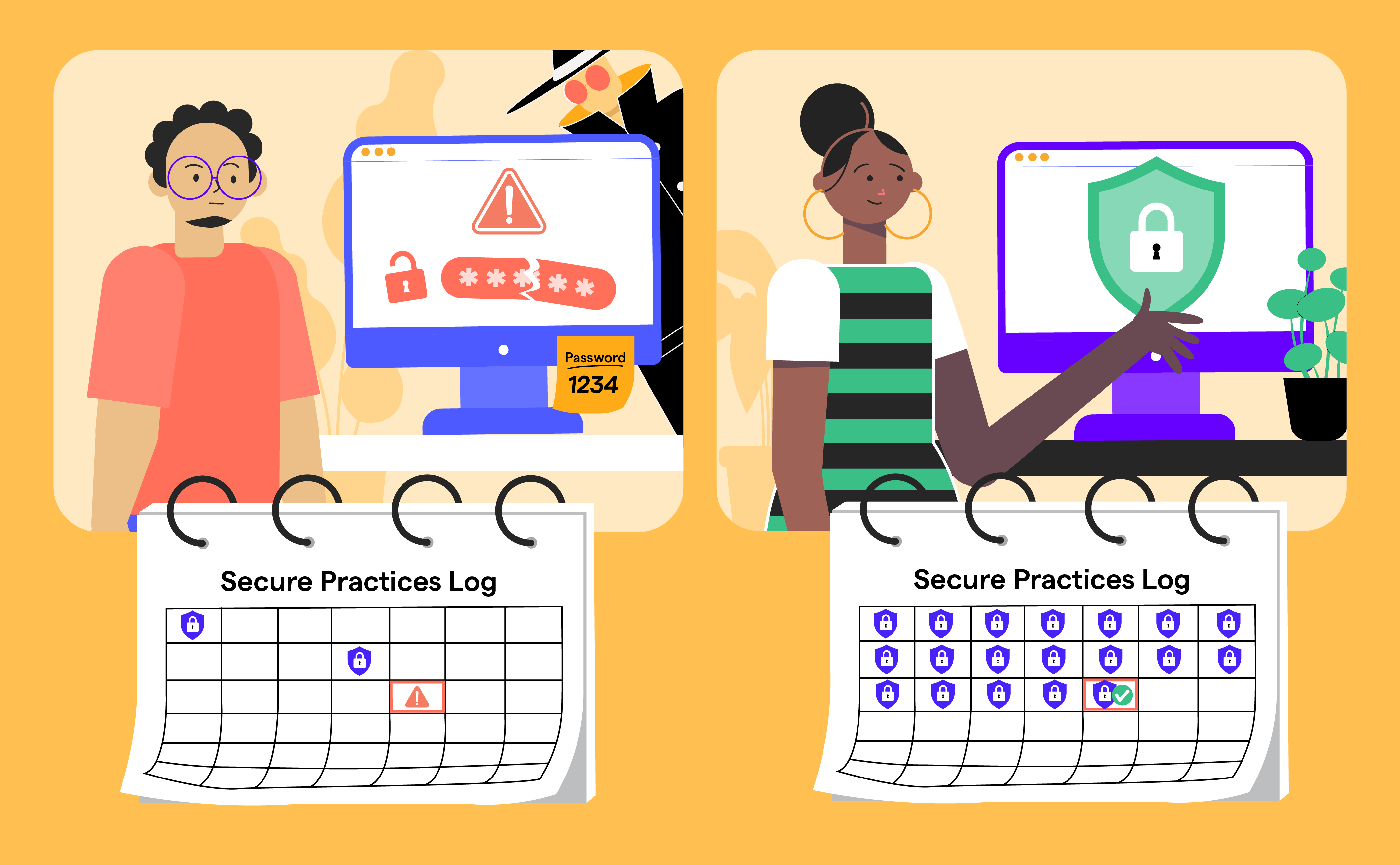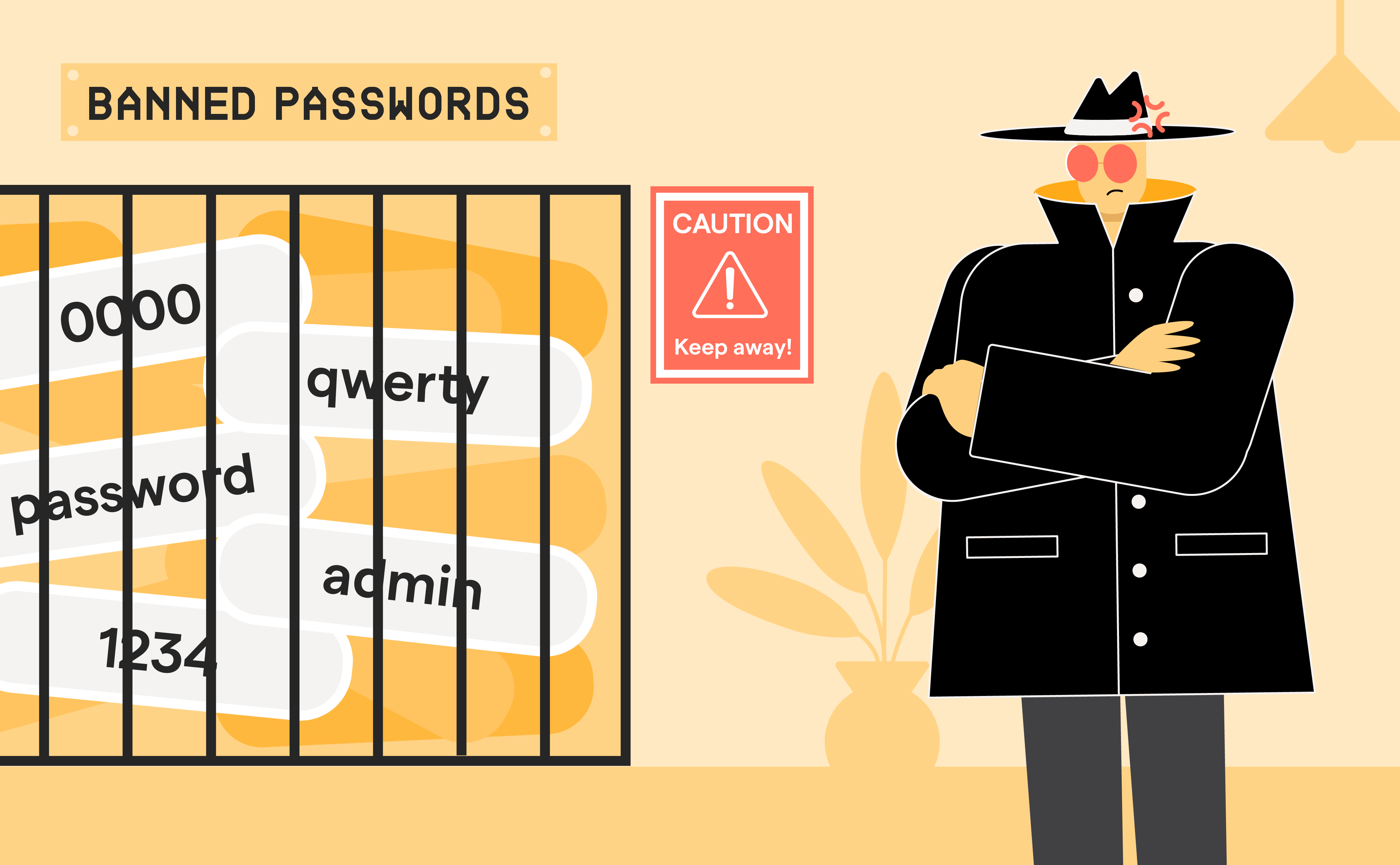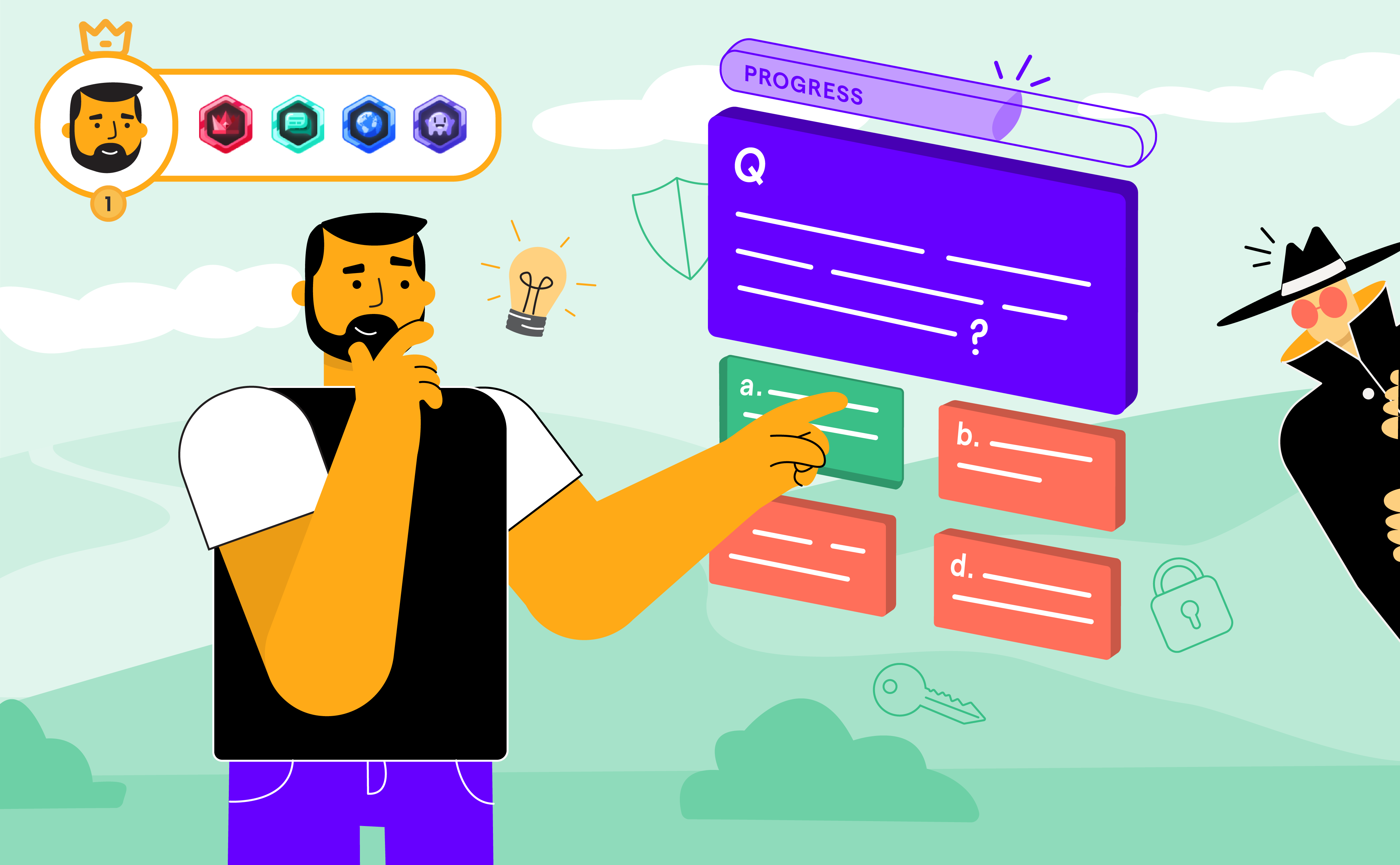
TISAX Training: Strengthening Automotive Information Security and Compliance
Jan 27

Discover OutThink's Cybersecurity Human Risk Management Platform
The Growing Importance of TISAX
In the automotive industry, information security is paramount. With the rise of interconnected systems, autonomous vehicles, and supply chain complexities, protecting sensitive information has become a top priority. Enter TISAX (Trusted Information Security Assessment Exchange), a standardized framework ensuring information security compliance specifically designed for the automotive sector.
This blog explores the critical role of TISAX training in automotive companies' Adaptive Security Awareness Training programs for achieving compliance, building organizational resilience, and fostering a culture of security across the automotive supply chain.
What is TISAX?
TISAX is a certification framework developed by the German Association of the Automotive Industry (VDA). It is based on the ISO/IEC 27001 standard but tailored to meet the specific needs of the automotive sector. TISAX ensures that organizations can securely manage sensitive information, safeguard intellectual property, and maintain trust across the supply chain.
Key aspects of TISAX include:
- Information Security Assessments: Evaluating compliance with automotive industry standards.
- Certification Exchange: Streamlining vendor assessments, reducing redundancy, and fostering collaboration within the supply chain.
- Global Applicability: Relevant to all automotive suppliers and manufacturers working with European partners.
TISAX is not just a badge of compliance—it’s a commitment to maintaining the highest levels of information security.
How Does TISAX Differ from ISO/IEC 27001?
While TISAX and ISO/IEC 27001 both support the implementation of robust information security processes, they cater to different needs:
- Target Audience:
TISAX focuses specifically on the automotive supply chain, targeting business partners and addressing sector-specific risks such as prototype protection. ISO/IEC 27001, on the other hand, applies universally across industries, focusing on an organization’s leadership and broader stakeholders. - Scope:
TISAX employs a standardized scope to ensure assessments yield consistent, meaningful results for business partners. In contrast, ISO/IEC 27001 offers a flexible scope that organizations can define based on their unique context. - Assessment Results:
TISAX includes a centralized database for audit results, which can be integrated into supplier management tools. ISO/IEC 27001 lacks a central database, resulting in less uniformity in exchanging results. - Frequency of Revisions:
TISAX’s requirements are reviewed annually by its working group to adapt to evolving industry needs. ISO/IEC 27001, governed by a global standardization mechanism, is updated less frequently but involves a broader range of stakeholders.
In summary, TISAX builds upon ISO/IEC 27001 by tailoring its application to the automotive industry while maintaining a high standard of information security.
What is TISAX Training?
Including TISAX training in their Adaptive Security Awareness Training programs equips organizations with the knowledge and skills needed to implement and maintain TISAX compliance effectively. It focuses on:
- Understanding TISAX Requirements: Covering the TISAX label process, assessment scope, and mandatory security controls.
- Building a TISAX-Compliant Culture: Training teams to integrate security measures into everyday operations.
- Practical Implementation Guidance: Offering actionable steps to prepare for audits and manage risks.
Comprehensive TISAX training courses empower employees across departments—IT, procurement, and management—to collaborate effectively and align with TISAX objectives.
Why TISAX Training is Critical
Protecting Sensitive Automotive Data
In a sector driven by innovation, safeguarding intellectual property and sensitive data is non-negotiable. TISAX ensures that all stakeholders follow uniform security standards, reducing the risk of breaches.
Streamlining Supply Chain Collaboration
Automotive supply chains are complex, involving multiple partners worldwide. TISAX training helps organizations create trust by demonstrating their commitment to security, which simplifies collaboration and reduces redundant assessments.
As highlighted in the podcast episode “Understanding TISAX” on The Virtual CISO Podcast, achieving TISAX certification allows companies to maintain a competitive edge while protecting critical assets. The podcast emphasizes the importance of educating teams about the nuances of TISAX and how compliance impacts relationships with suppliers and manufacturers.
By prioritizing TISAX training, organizations can reduce compliance risks and strengthen relationships with trusted key partners.
Key Elements of Effective TISAX Training
1. Comprehensive Coverage
Training should include:
- An overview of TISAX objectives and labels.
- Details on mandatory controls, such as access management and incident response.
- Preparation for TISAX audits, including documentation and process reviews.
2. Hands-On Learning
Practical exercises, case studies, and simulations allow participants to understand real-world applications of TISAX requirements. Interactive formats engage employees and reinforce retention. For example, scenario-based exercises help teams identify potential vulnerabilities and implement mitigation strategies.
3. Continuous Updates
With evolving threats, TISAX compliance requirements may change. Regular training ensures employees remain informed about updates and best practices. For example, recent updates in supply chain security underscore the importance of dynamic training programs tailored to organizational needs.
Common Challenges in TISAX Training
Despite its benefits, organizations often face obstacles when implementing TISAX training courses:
- Lack of Awareness: Many companies are unfamiliar with TISAX or its relevance.
- Resource Constraints: Smaller organizations may struggle with training budgets.
- Complexity of Standards: Navigating the overlap between TISAX and ISO/IEC 27001 can be challenging.
Organizations can overcome these challenges by adopting a strategic, phased approach consistent with Adaptive Security Awareness Training. Starting with foundational concepts and gradually integrating more advanced topics helps build confidence and capability across teams.
Addressing these challenges through leadership support, efficient resource allocation, and user-friendly training materials is essential.
Best Practices for TISAX Training Programs
- Engage Leadership: Leadership buy-in ensures TISAX compliance becomes a company-wide priority. Leaders should actively participate in training sessions to set an example for employees.
- Leverage Technology: Use learning or cybersecurity human risk management platforms and management tools to streamline training delivery and track progress.
- Promote Cross-Departmental Collaboration: Encourage communication between IT, legal, and procurement teams to align goals. Collaboration ensures all stakeholders understand their roles in achieving compliance.
Shaping a Secure Automotive Future
TISAX training is more than a compliance exercise—it’s a strategic investment in your organization’s security and reputation. By educating teams and embedding security practices, companies can drive innovation while maintaining trust across the automotive ecosystem.
Adaptive Security Awareness Training experts emphasize that training is not just for certification—it’s about cultivating a mindset of continuous improvement and vigilance. This shift in perspective transforms compliance from a task into a long-term organizational strength.
Take the Next Step Towards TISAX Compliance
Are you ready to achieve TISAX certification and enhance your cybersecurity posture? Explore OutThink’s Adaptive Security Awareness Training for TISAX training modules designed to empower your workforce, foster a culture of compliance, and address evolving security challenges. Build trust, reduce human risk, and secure your place in the future of automotive excellence.

